College of College of Graduate Studies
Unisa researcher exploring the universe through astronomy and astroparticle physics
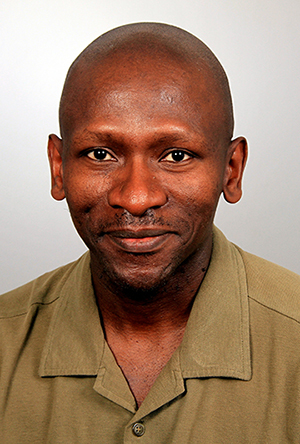
Prof Lerothodi Lapula Leeuw from Unisa’s College of Graduate Studies
South Africa is host to the Square Kilometre Array (SKA) telescope, located in the Karoo, the place of birth for Lerothodi Lapula Leeuw, an astrophysics professor at Unisa’s College of Graduate Studies (CGS).
While sharing a home with the SKA telescope might have been a far-fetched reality when growing up, Leeuw never stopped dreaming beyond the sky and into the galaxies, observing their environments, how they came into being and what they are made of. The latter interest would also lead him into collaborations at the SKA and the European Organization for Nuclear Research, known as CERN, in Switzerland.
Prof Leeuw holds a Bachelor of Science (BSc) in Physics from Massachusetts Institute of Technology (MIT) in the United States of America (USA), where he became the first black South African to obtain a BSc degree from this institute. He has a Master of Fine Arts Degree in Creative Writing from Columbia University in the USA, an MSc in Astronomy from the University of Cape Town and a PhD in Astrophysics from the University of Central Lancashire in the United Kingdom.
Before joining Unisa, Leeuw worked for the University of Toledo in Ohio, the University of Chicago in Illinois, Rhodes University, NASA Ames Research Center in California, and the University of Johannesburg (UJ).
He currently serves as an academic coordinator at the Unisa CGS Ethiopia Graduate Research Development Programme, an academic member of the CGS Annual Interdisciplinary Academy and research leader of the Astroparticle Physics and Astronomy group in CGS.
A National Research Foundation (NRF) C2-rated researcher and current Vice-President of the African Astronomical Society, Leeuw is on a mission not only to explore the universe but also to influence emerging African researchers to follow suit.
Observing to inform
Prof Leeuw’s research focus is on multi-wavelength astrophysical research on star-formation, variable stars and the evolution of elliptical galaxies and their progenitors, in gravitational wavebands from both ground and space telescopes. He investigates the exploitation of gravitational lensed systems for studies of extragalactic and cosmological dark matter and distant galaxies. He further probes the physical structure of active and radio galaxies, as well as star-forming regions.
One of only three black students in the world at the time of his BSc studies at MIT to major in Physics, Leeuw continues to be the game changer in Astroparticle Physics, where he explores the intersection of astrophysics and particle physics.
He was part of the editorial board of the proceedings, MeerKAT Science: On the Pathway to the SKA. "The MeerKAT is the next generation radio telescope located on the SKA central site in the Karoo plateau of South Africa," said Prof Leeuw.
Leeuw has been involved in the Oral Astronomy History Project supported by the NRF. Together with a project team, he has been conducting, archiving and analysing interviews of individuals involved in astronomy and other unique professional specialisations in South Africa. This project forms part of a build-up to the South Africa Astronomical Observatory’s (SAAO) 200-year celebration and the 100th anniversary of South Africa’s membership of the International Astronomical Union (IAU) in 2020.
Interconnecting research spheres
In partnership with Prof Simon Connell from UJ and Prof Ketevi Assamagan from the Brookhaven National Laboratory, USA, Prof Leeuw has led the University of South Africa on a path to collaboration and membership into the South African Cluster within the ATLAS collaboration.
Activities in the collaboration includes the supervision of a PhD student, Mr Diallo Boye, who is based in ATLAS at CERN Switzerland. Boye will be participating in the Physics Without Frontiers Roadshow on High Energy Physics in Senegal from 13 to 20 December 2019. The roadshow aims to promote research in physics and mathematics. It also includes hardware upgrade contributions at CERN which involves a Unisa postdoctoral fellow, Dr Pedro Mafa.
Reaching out through research to civic and academic communities
Prof Leeuw was recognised by the NRF with the Hamilton Naki Award in 2016 for achieving world-class research despite hurdles in his career path. In 2013, Leeuw, became the founder and leader of the CGS’s Digital Planetarium Community Engagement Project. He designs and executes a community learning and research programme for exploiting a newly procured digital planetarium for science outreaches to schools and the public in collaboration with other community engagement projects in and outside Unisa.
Leeuw is currently working on three research projects of which one is mapping infrared to radio emission of elliptical and related galactic interstellar medium (ISM) and evolution, the multi-wavelength exploitation of gravitational lensed systems for the study of extragalactic and cosmological dark matter and galaxies in the Early Universe.
In another study, Leeuw investigates the submillimetre polarimetry observations of aligned dust grains and magnetic fields in extragalactic objects. In another project, he looks into spatial-correlation analysis of dust clumps in spatially resolved model images of nebulae and galaxies.
He has collaborated with astrophysicists from the USA, Canada, Europe and Asia. His articles have been published in more than 50 international journals and he was awarded a NASA Research Fellowship.
Leeuw is a member of impactful scientific committees, journal review and grant panels, including:
- Member of the CSIR National Laser Centre Research Advisory Panel
- Panel member of NASA, NRF and SKA Funding Reviews
- Member of the SKA User Committee
Fruitful mentorship
Prof Leeuw has two postdoctoral fellows and three doctoral candidates under his supervision. Some of the graduate students and postdoctoral fellows that he has supervised over the years are spread throughout the globe as astronomers, and researchers in academia and corporate practice.
* By Mpho Moloele, PR and Communications Assistant, Department: Research, Innovation and Commercialisation
Publish date: 2019-12-19 00:00:00.0


 Breaking language barriers: SRU promotes inclusivity with multilingual support resources
Breaking language barriers: SRU promotes inclusivity with multilingual support resources
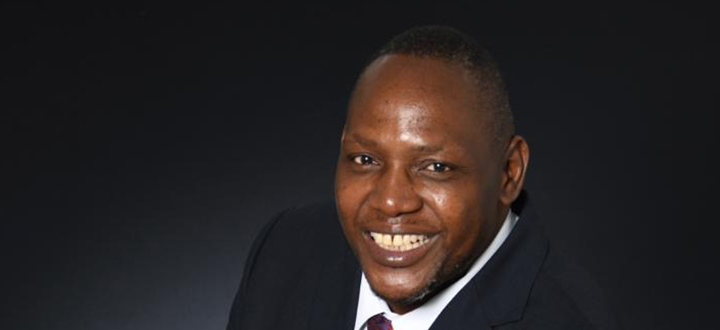 Aiming at new heights: Professor Mashau takes helm as CHS's Deputy Dean
Aiming at new heights: Professor Mashau takes helm as CHS's Deputy Dean
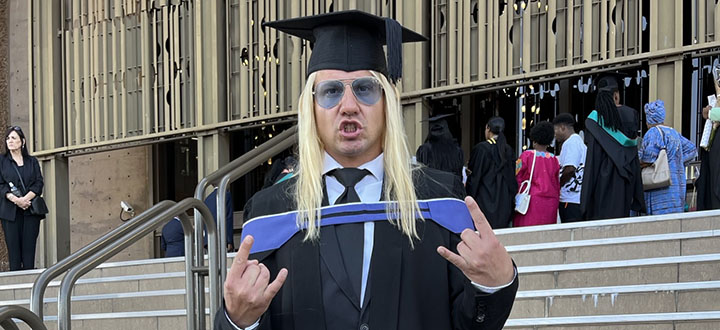 Don Cobra strikes a new chord: Musician earns a business degree
Don Cobra strikes a new chord: Musician earns a business degree
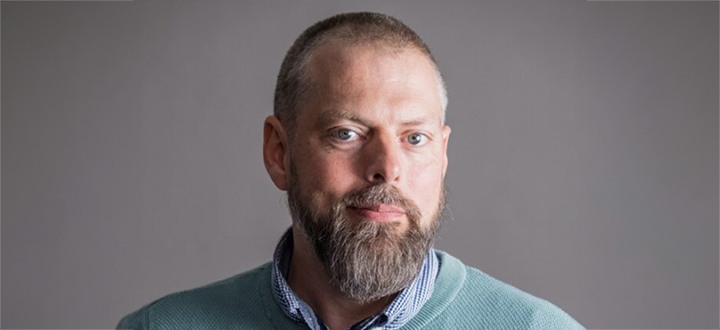 Unisan to lead Southern Africa region in "Building Equitable Futures Together" project
Unisan to lead Southern Africa region in "Building Equitable Futures Together" project
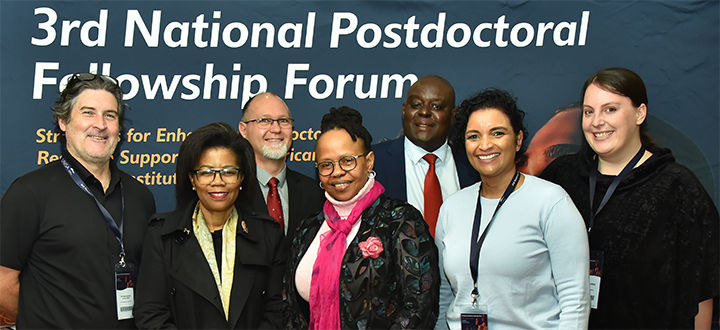 Unisa kicks off National Postdoctoral Fellowship Forum
Unisa kicks off National Postdoctoral Fellowship Forum